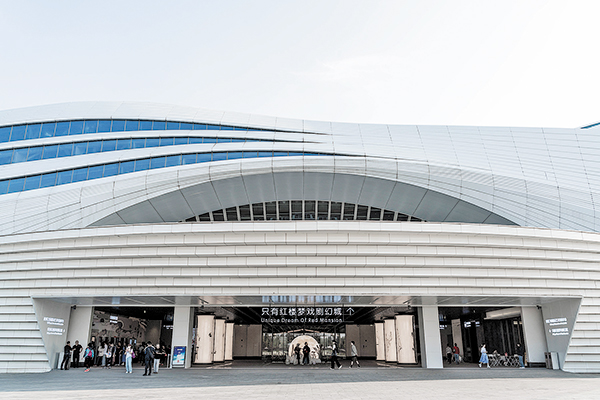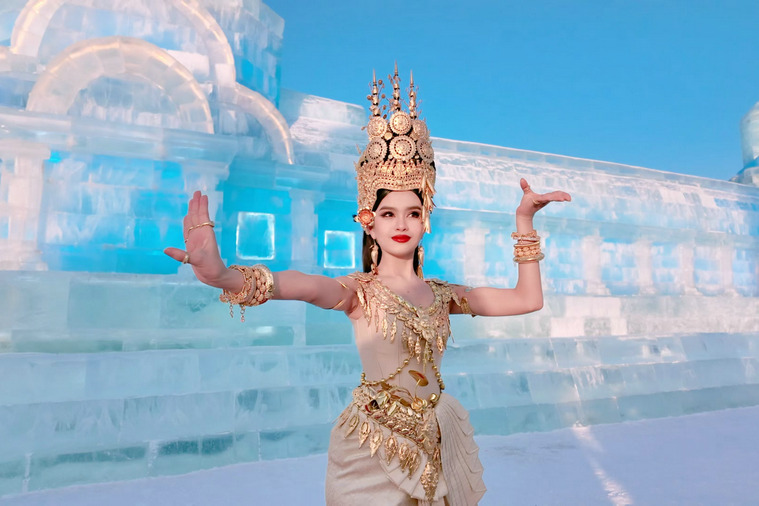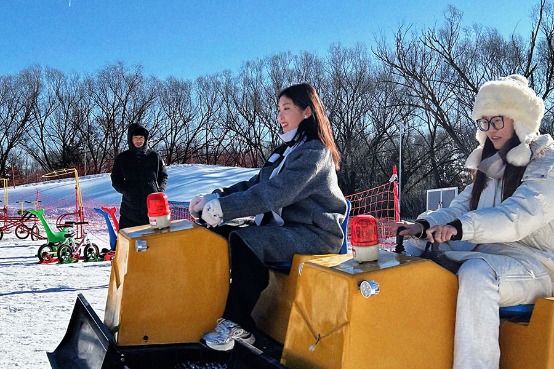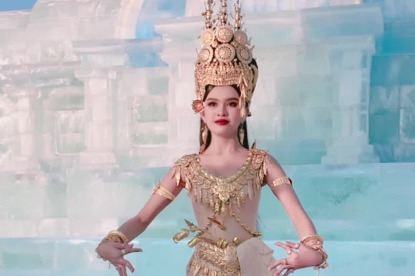Tourism's technological transformation
Digitalization and corresponding innovations are enticing reimaginings of travel that are increasingly translating into reality, Yang Feiyue reports.


"The market is the best touchstone," Qiu says.
"The ultimate success of our projects lies in how well they are presented and ultimately contribute to cultural communication."
Yuanmingyuan is also planning to run a mixed-reality electric tour bus.
"In the digital age, embracing new technologies to create new cultural and tourism (experiences) … is inevitable," Qiu says.
Tang Jinnan, Peking University's School of Journalism and Communication's Party secretary, says that this is an era of convergence and transformation, and it's crucial to reconfigure and stabilize existing structures.
Tang says he regards successful innovative cultural and tourism experiences, including Unique Dream of Red Mansion, as endeavors to present past traditions through new technologies.
"Whether it was drawing by hand in the past, using a computer now or incorporating artificial intelligence, the essence remains unchanged. Therefore, the logic of how we empower these cultural elements has not changed," Tang says.
"We have already explored some aspects in this regard. And when artificial intelligence truly pays large-scale and significant dividends, new successes will undoubtedly emerge in China."
Central Academy of Fine Arts' School of Design professor Fei Jun highlights technology's role in content creation. He believes AI's full extended perception capabilities are yet to be fully unlocked.
Fei has been working with a mathematician and a psychologist over the past four years to create an "emotional geometry" series.
"We visualize human emotions through a combination of mathematics, psychology and an empathetic artistic approach," he says.
Through internet technology, the emotional geometry has been translated into "emotional cuisine" served in a bar. "When a visitor places their hands on the bar, we collect data about their heart rates to display their current emotional state on a screen in front of them," Fei says.

































